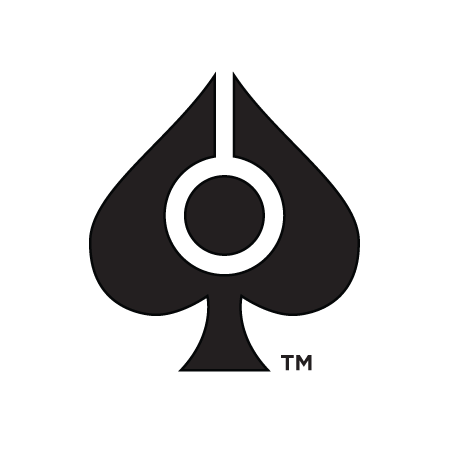INK STORY
Young Utah tie company redefines neckwear . . . & social enterprise.
While researching in Mombasa, Kenya, International Next of Kin™ founder, Freedom Hamill, experienced an awakening. In the heart of downtown Mombasa lies the largest open-air market in eastern Africa. Spanning 10 city blocks, the narrow dirt pathways of Kongowea Market bustle with creaky wooden pushcarts, squawking livestock, toppling produce, and the damp wet stench of human sweat. Destitute vendors fight for attention from equally impoverished patrons. Riddled with cholera outbreaks and criminal activity, Kongowea Market is a microcosm for the numerous hardships associated with third world poverty.
You can find anything in the market from local blends of pilau spice to cheap plastic boom-boxes. Aside from produce, the most noticeable ware is the heaps and heaps of clothing. The abundance of clothing is overwhelming. “Where does it all come from?” questioned Freedom. Then she realized . . . all the clothes are second hand.
When you donate clothes to a charitable cause, you hope, almost trust, that they will wind up in the hands of some bright-eyed, deserving child—not sold to second hand vendors to be “hawked” in a market to people too poor to buy them. Thus is the case in Kongowea Market. The limitless piles of generously donated clothes illuminate an important issue with current systems of “giving.”
Giving, as a form of aid, often fails. Good intentions fall victim to lack of accountability. Contributions often never reach their intended recipients. Even more disturbing—giving often emphasizes the divide between the “haves” and the “have nots.” The result is a culture of dependency that traps communities and prevents progression. In order to continue to qualify for aid, receivers must literally keep themselves poor.
A similar pattern can be found in the United States. Government handouts are manipulated and abused. Such systems encourage “dependence” rather than “independence for all.”
Social enterprise models based on “giving” are not immune to these same results. Explains Jonathan Favini, whydev.org., “This pattern of aid crushing local industry is well documented. One startling example is a 2008 study that found that used clothing donations to Africa were responsible for a 50 percent reduction in employment in that sector between 1981 and 2000 on the continent.”
Obviously “giving” material goods may not be the best model for humanitarian aid and sustainable change, especially from a distance. We live in a world where people desire to do good. It seems every company has a “cause” and a “purpose.” Yet, how much of that intended goodness actually arrives in the right place at the right time to help the right person in need?
Having witnessed the failings of traditional forms of aid, Freedom knew she could do better.
At International Next of Kin™, we take a different approach. We’re not opposed to “giving” per se, but it matters what you give, and where. After spending a lifetime striving to do her part to “save the world,” Freedom decided instead, to narrow her focus and zoom in on the immediate and personal needs of those around her. This included her family, her neighbors, and her local community. These were the people she knew best and these were the people who counted on her daily. This was her world to save.
Our model is called Micro Social Enterprise. It’s basically social enterprise at a local ground level. It is defined as: Many individual people using their individual time and talents to strengthen [and save] "their world" on a ground level.
Many people have saved me along the way (explains Hamill), and it wasn't the President of the United States or the leader of a successful organization, or the donation of some amazing charity . . . it was my parents, my friends, my neighbors -
There is great value in organizing the elements to do good on a large scale - someone has to do that and I always wanted to be part of it. But there are so many BIG [and important] things to be done on a "small" scale too.
My purpose - both professionally & personally - is made more clear when I zoom in and focus. This will be the mindset as we move forward as a company and as true "international next of kin." Kin means family. We start here.
No one knows the needs of your family and local community like you do. It is our hope that every time you wear an INK tie, that you consider doing one small act of service. . . something meaningful, perhaps spontaneous, and something unique to you. Not all service requires money. Consider. . .
- Dropping a sincere compliment
- Listening to someone . . . really listening + eye contact
- Lending a stranger a hand
- Writing a letter of encouragement
- Reading with a child . . . maybe your child, or a child within your sphere of influence
- The possibilities are endless. When you do this, you are a better person when you wear INK, and the world is better because of you.
This kind of giving is hard to quantify. It is challenging to track and oft impossible to measure. We will never win any awards for "most dollars raised" or "largest charitable donation." But we're okay with that. We hold ourselves accountable to BE the people who make a difference rather than paying someone to do that for us.
Remember, we are all "tied together" and this is Y[OUR] world to save. Join us in our mission to strengthen human ties.
Wear INK / Share INK

